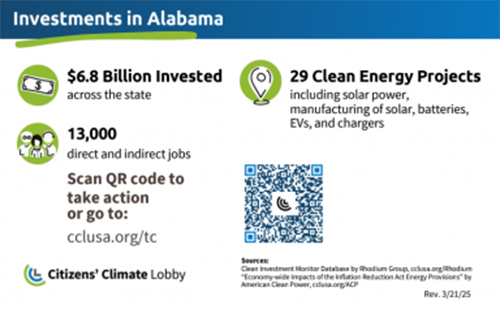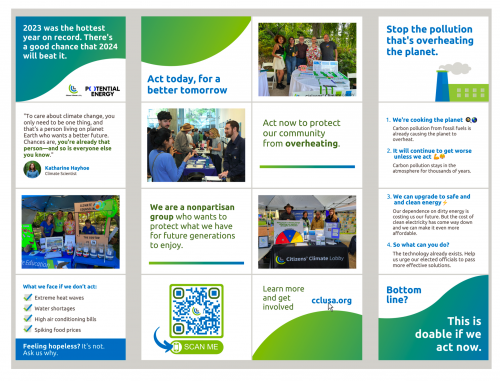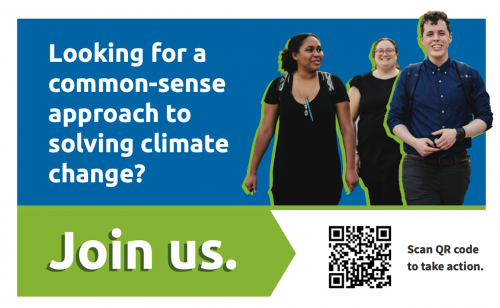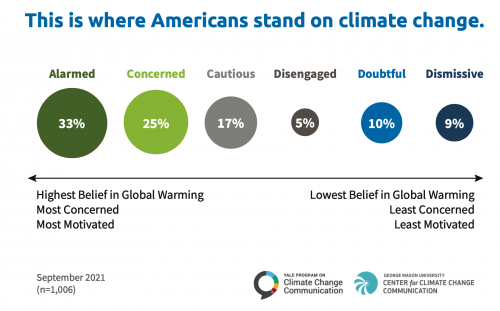CCL Resources
Find print-outs, hand-outs, reports, brochures, guides, templates and a wide variety of helpful items to help you be successful.
Featured Resources

Clean Energy Tax Credits State Impacts
Handouts detailing the national and state economic benefits of the clean energy tax credits

Climate Conversations Materials
These materials can help you prepare for your climate conversations and outreach.

About CCL (Who We Are) Handouts
Use these handouts at events to educate the general public about CCL.
Resources by category
Browse resources below by content area or type. Or scroll down to search by name, category, or format.
Table Displays and Activities
Policy and Action Handouts
- Inflation Reduction Act / Clean Energy Tax Credits HandoutsNew
- Clean Energy Permitting Reform HandoutsNew
- Constituent Letter FormsNew
- Carbon Fee and Dividend Handouts
- Carbon Cashback Handouts
- Healthy Forests Handouts
- Urban Forests Handouts
- Building Electrification Handouts
- Inflation Reduction Act / Clean Energy Tax Credits HandoutsNew
- Paperless Action Tools Handouts
- Conservative Carbon Fee and Dividend Handouts
CCL Recruitment Handouts, Signs and Forms
Last Updated: 4/01/24
Misc. and Event Outreach
